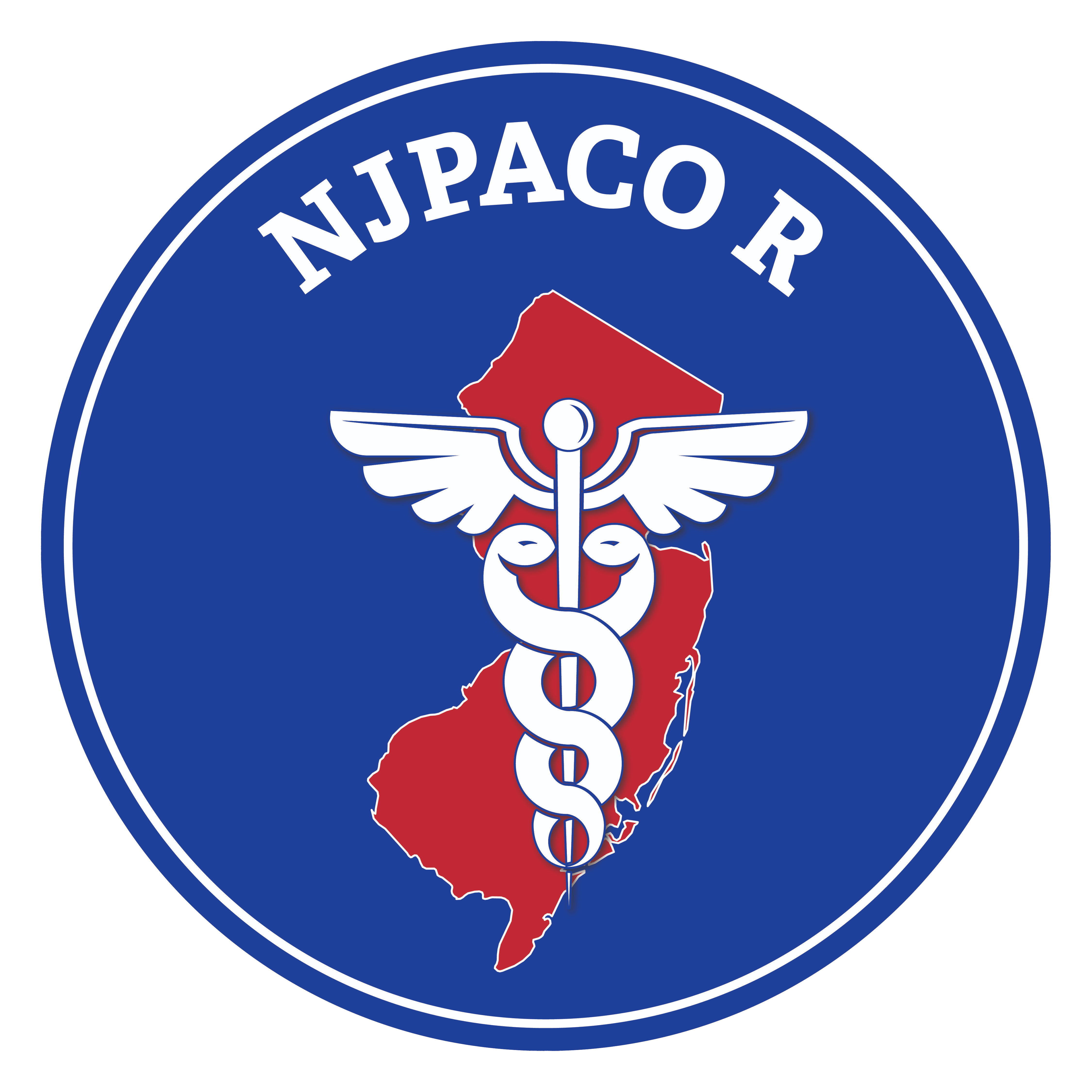Doctors are warning that some of the common medical tests routinely taken by Americans do more harm than good, waste billions of health care dollars annually and could endanger your health or even your life.
Among the tests targeted by prestigious panels of doctors as overused were annual Pap smears, regular PSA tests, regular EKGs and even routine yearly physicals. Overuse of such tests leads to dangerous side effects, pain, radiation exposure, unnecessary surgery — even death, the doctors said.
The American Board of Internal Medicine Foundation asked more than 50 medical societies — of family doctors, oncologists, cardiologists and other specialties — to identify tests and treatments that are often unnecessary. AARP is a consumer partner with this campaign, called Choosing Wisely.
John Santa, medical director at Consumer Reports, another Choosing Wisely partner, says these screening tests often yield false-positive results that lead to a spiral of unneeded invasive procedures, medications and even surgeries. If you have symptoms or certain risk factors, these tests can be valuable — even lifesaving — but they’re performed on far too many people.
1. Nuclear stress tests, and other imaging tests, after heart procedures
Many people who have had a heart bypass, stent or other heart procedure feel they’ve had a brush with death. So patients — and doctors — understandably want to be reassured through a nuclear stress test or other tests that their hearts are beating strong. But performing these tests every year or even every two years in patients without symptoms rarely results in any change in treatment, says William Zoghbi, immediate past president of the American College of Cardiology. “More testing is not necessarily better,” he says.
In fact, it can lead to unnecessary invasive procedures and excess radiation exposure without helping the patient improve. Instead, patients and doctors should focus on what does make a difference in keeping the heart healthy: managing weight, quitting smoking, controlling blood pressure and increasing exercise.
AARP Members Enjoy Health and Wellness Discounts
You can save on eye exams, prescription drugs, hearing aids and more
2. Yearly electrocardiogram or exercise stress test
A survey of nearly 1,200 people ages 40 to 60 who have never had heart disease or any symptoms found that 39 percent had an EKG over the previous five years, and 12 percent said they had an exercise stress test. The problem: Someone at low risk for heart disease could be 10 times more likely to get a false-positive result than to find a true problem, says John Santa of Consumer Reports, which conducted the 2010 survey. This could lead to unnecessary heart catheterization and stents. Instead, have your blood pressure and cholesterolchecked. And if you’re at risk for diabetes, have your blood glucose level checked as well.
3. PSA to screen for prostate cancer
Cancer is always scary, but the PSA test often finds slow-growing cancers that won’t kill men. “The evidence is extremely convincing that in a man with usual risk and no symptoms, the PSA test causes more harm than benefit,” says Reid Blackwelder, president of the American Academy of Family Physicians (AAFP). As a result of the test, he says, men often have ultrasounds, repeat lab tests and even biopsies for a problem that isn’t there — an estimated 75 percent of tests that show high PSA levels turn out to be false alarms. When men do have treatments such as surgery or radiation, 20 to 40 percent end up with impotence, incontinence or both.
Not all doctors agree with AAFP’s recommendation against routine PSA screening, but many agree that the test is overused. Even the American Urological Association, which supports the use of PSA testing, says that it should be considered mainly for men ages 55 to 69. The American Society of Clinical Oncology recommends against PSA testing for prostate cancer screening in men with no symptoms when they are expected to live less than 10 years. A recent study published in the journal Cancer found that Medicare spent almost $450 million a year on PSA screenings, one-third of which was for men over age 75.
To Be Continued…
Agnvall, Elizabeth. 10 Medical Tests to Avoid. AARP Website.
http://www.aarp.org/health/conditions-treatments/info-2014/choosing-wisely-medical-tests-to-avoid.html
